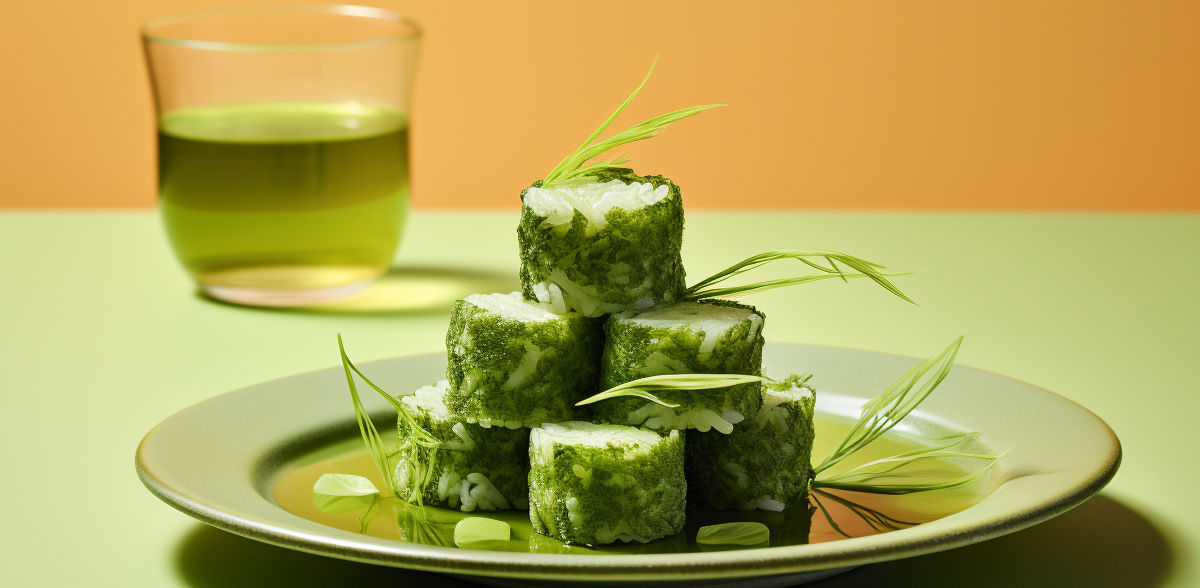EU no longer controls food from Japan
Advertisement
More than twelve years after the Fukushima nuclear disaster, all food from Japan may once again be exported to the EU without additional controls. Thanks to the diligent work of Japanese authorities and close cooperation in recent years, import restrictions on food from Fukushima could be lifted, EU Health Commissioner Stella Kyriakides announced Thursday.
The restrictions had reportedly been introduced in 2011 and gradually eased as the risk decreased. Most recently, only wild mushrooms, certain fish species and edible wild plants were subject to special controls, according to the information. EU Commission President Ursula von der Leyen, EU Council President Charles Michel and Japan's Prime Minister Kishida Fumio had met Thursday for an EU-Japan summit.
Core meltdowns occurred at the Fukushima Daiichi nuclear power plant in 2011 as a result of an earthquake and tsunami. The reactors must continue to be cooled with water stored in tanks. Recently, a dispute arose over Japan's plan to discharge the water into the sea in a treated form. The International Atomic Energy Agency (IAEA) had agreed to this.
The EU Commission now stressed that it was important for the Japanese government to continue to monitor production in the country for radioactivity. "This applies in particular to fish, fishery products and algae in the vicinity of the release site of the contaminated cooling water," the statement said.
China, on the other hand, had announced last week that it would maintain its existing ban on food imports from ten Japanese prefectures, including Fukushima. In a statement, it said it wanted to prevent "radioactively contaminated Japanese food" from entering China. The measure was justified by safety concerns surrounding Japan's plan to discharge contaminated cooling water from the Fukushima nuclear ruin into the sea./mjm/DP/jha (dpa)
Note: This article has been translated using a computer system without human intervention. LUMITOS offers these automatic translations to present a wider range of current news. Since this article has been translated with automatic translation, it is possible that it contains errors in vocabulary, syntax or grammar. The original article in German can be found here.
Other news from the department business & finance

Get the food & beverage industry in your inbox
By submitting this form you agree that LUMITOS AG will send you the newsletter(s) selected above by email. Your data will not be passed on to third parties. Your data will be stored and processed in accordance with our data protection regulations. LUMITOS may contact you by email for the purpose of advertising or market and opinion surveys. You can revoke your consent at any time without giving reasons to LUMITOS AG, Ernst-Augustin-Str. 2, 12489 Berlin, Germany or by e-mail at revoke@lumitos.com with effect for the future. In addition, each email contains a link to unsubscribe from the corresponding newsletter.































































